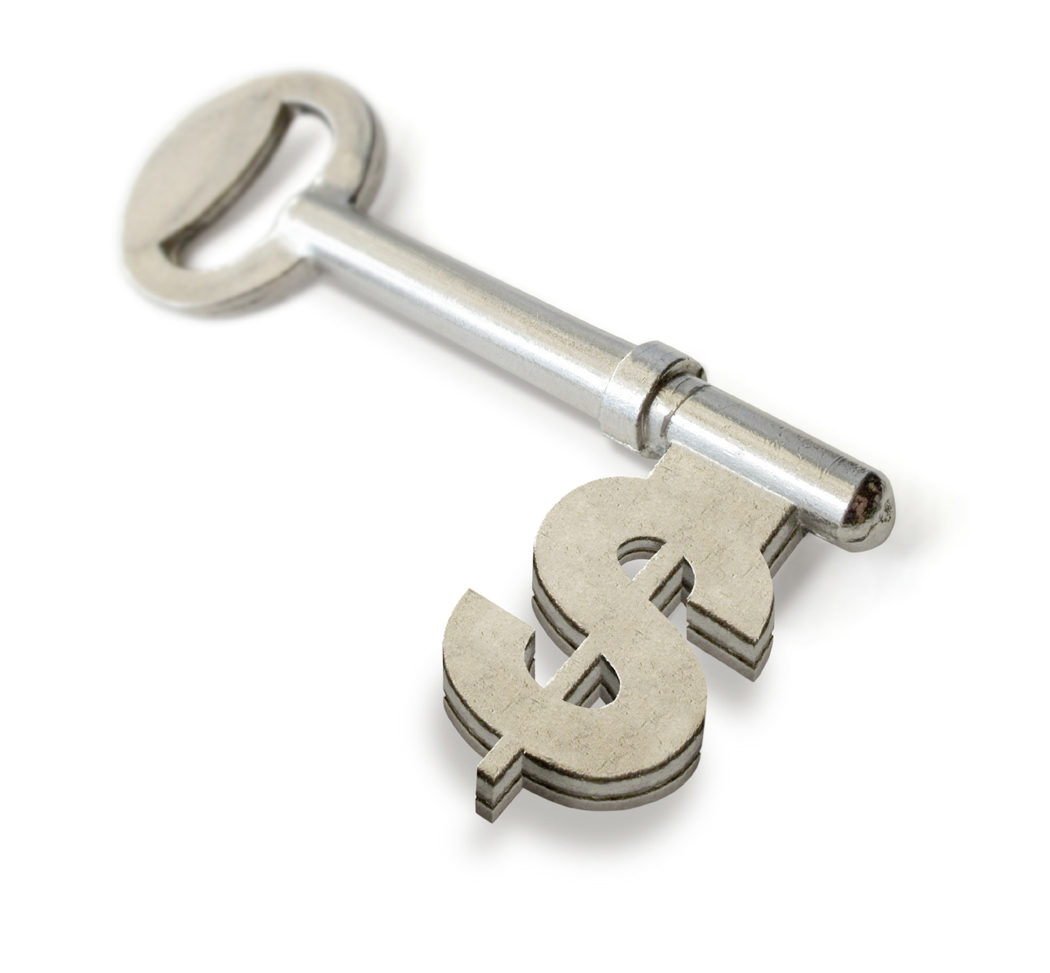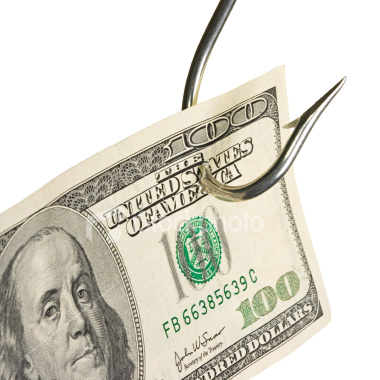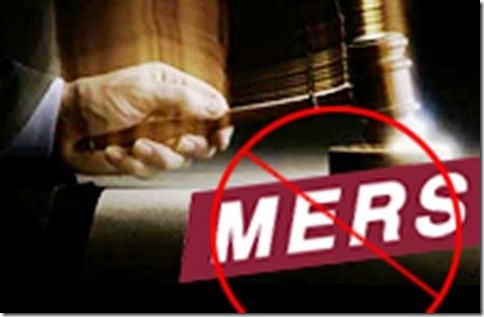 When in 2005 Congress enacted the Bankruptcy Abuse Prevention and Consumer Protection Act (BAPCPA), a flurry of people ran to file their cases before the changes occurred. Everyone had heard that the new law would make it impossible to file for Chapter 7 and that everyone would now be required to file Chapter 13 cases, making payments for five years. Well, Chapter 7 bankruptcy is still alive and well and the big change that was put into place is called, “The Means Test”. The Means Test requires the debtor to show that their income, based on their family size, is less than the average American in their area. It’s that simple. The problem debtors are having is that they don’t want to file Chapter 13 cases, where they have to pay a trustee their disposable income for five years, they want to file Chapter 7 cases where their case can be closed in five months with no payments made.
When in 2005 Congress enacted the Bankruptcy Abuse Prevention and Consumer Protection Act (BAPCPA), a flurry of people ran to file their cases before the changes occurred. Everyone had heard that the new law would make it impossible to file for Chapter 7 and that everyone would now be required to file Chapter 13 cases, making payments for five years. Well, Chapter 7 bankruptcy is still alive and well and the big change that was put into place is called, “The Means Test”. The Means Test requires the debtor to show that their income, based on their family size, is less than the average American in their area. It’s that simple. The problem debtors are having is that they don’t want to file Chapter 13 cases, where they have to pay a trustee their disposable income for five years, they want to file Chapter 7 cases where their case can be closed in five months with no payments made.
Congress thought that by forcing higher income debtors to file Chapter 13, creditors would get paid some of what they’re owed and creditors deserve to get paid what the debtor is able to pay. Fortunately for the many residents of Jacksonville, Florida who have heavily invested in rental properties, Congress thought of them as well. When BAPCPA was drafted someone realized the chilling effect a means test would have on small businesses and other small investors. Since only Chapters 7 and 11 are available to corporations, most small businesses would have to be liquidated in Chapter 7 or would have to pay the enormous cost of filing a Chapter 11. Small investors would be forced to file Chapter 13, which would prevent them from doing business for the five year period it took to complete their payment plan. These are the reasons why Congress created an exception to the means test for those individuals whose consumer debts make up less than half of their debt, i.e. if more than half of your debts are business, you can file Chapter 7 without taking the means test at all.
During the housing boom many residents of Jacksonville purchased homes to rent in speculation that their value would keep increasing. Instead, the market tanked to the point where nearly half of all homes owe more money on their mortgages than the homes are worth. Many of these people have higher incomes than average and wouldn’t be permitted to file under Chapter 7 due to the means test but because these properties were purchased as investments, they should all be able to bypass the means test and file Chapter 7 automatically.
 Jacksonville Bankruptcy Lawyer Blog
Jacksonville Bankruptcy Lawyer Blog











